The Union health ministry has ordered an inquiry into the functioning of five projects funded by the World Bank following charges of corruption and systemic deficiencies.
NEW DELHI: The Union health ministry has ordered an inquiry into the functioning of five projects funded by the World Bank following charges of corruption and systemic deficiencies. The probe committee will submit its report by February 10.
The Bank had found the fraud during a detailed implementation review in 2006-07 of the National AIDS Control Project II, the Malaria Control Project, the Tuberculosis Control Project, the Food and Drug Capacity Building Project, and the Orissa Health System Development Project.
The Review pertained to the implementation of these projects, which are valued at $568.6 billion, during 1997-2006.
“We have sent teams to investigate the World Bank’s claim,” the National AIDS Control Organisation’s director-general K. Sujatha Rao said. “The inquiry regarding target intervention programmes which involve a large number of NGOs is very critical.”
“Our teams are zeroing on who is doing what and action is being taken to see only correct agencies are funded.”
NACO says it has already started taking action against non-performing and erring NGOs. It claims safety measures were in place prior to the launch of NACP III in July last year, for which the World Bank had provided $250 million.
“Even though the World Bank has not specifically pinpointed many erring NGOs or specified instances of corruption, the NACO has put in place stringent measures in place to prevent corrupt practices in future. Prior to the launch of NACP III, we conducted a detailed self appraisal and a 100 per cent evaluation of all NGOs involved in target intervention programmes,” the NACO chief told DNA.
Evaluation was conducted during April to June last year following which the number of NGOs receiving government funding was reduced from 958 to 790. “These surviving NGOs had to pass the standardised evaluation on the parameters set by NACO. Those scoring less than a particular margin were kicked out. The NACO is now going to evaluate all these NGOs annually. This evaluation gave us a clear picture of who is working and who is not. We were able to check fraudulent claims and weed out of corrupt, non-performing and inefficient NGOs,” Rao said.
The NGOs were evaluated on their HR policies, financial transparency, quality of services, documentation and reporting, procurement system, and outcomes.
The NACO has also circulated detailed guidelines to the State AIDS Control Societies (SACS) for oversight and selection of NGOs. A separate cell of 20 people headed by a new Joint Secretary is being set up at the NACO headquarters to monitor implementation of programmes and check financial irregularities.
“Managing of targeted interventions is important for NACO and SACS. Oversight of NGOs will be far more vigorous now. Every year in the 11th month a three-member committee will inspect the SARCs and the NGOs for their eligibility for continuation of support or termination. In case they are good they can continue but the poor performers will have no place,” Rao said.
NGOs and people from the civil society will be encouraged to file their complaints directly to this team of NACO. While whistleblowers are welcome, the NACO is also toying with the idea of having a prominent person as an ombudsman who can coordinate with whistleblowers.
“Transparency is the first step to weed out corruption. The same NGOs who helped WB in conducted inquiry could have come to us also. We want people from civil society to bring it to our notice if they find any corrupt practices, officials demanding bribe or any other irregularity,” Rao added.
However, the NACO chief on the issue of faulty HIV/AIDS testing kits, the NACO chief refused to accept problems. “There was no question of inferior quality material being supplied to the states. More than 10 million kits were procured and I agree there could be a failure rate of .28 per cent,” she said.
She acknowledged problems in the Zhongshan kits but dismissed the Bank’s charge that a Chinese food joint, Golden Dragon, functioned at the address given by Zhongshan’s local distributor in Mumbai, Spectra Pharma and Health Products. Rao said the bank’s team did not conduct a proper inquiry as “there are about 30 shops below the Golden Dragon restaurant”.
![submenu-img]() This singer left Air Force, sang at churches, became superstar; later his father killed him after...
This singer left Air Force, sang at churches, became superstar; later his father killed him after...![submenu-img]() Indian-origin man says Apple CEO Tim Cook pushed him...
Indian-origin man says Apple CEO Tim Cook pushed him...![submenu-img]() Anil Ambani’s Rs 96500000000 Reliance deal still waiting for green signal? IRDAI nod awaited as deadline nears
Anil Ambani’s Rs 96500000000 Reliance deal still waiting for green signal? IRDAI nod awaited as deadline nears![submenu-img]() Most popular Indian song ever on Spotify has 50 crore streams; it's not Besharam Rang, Pehle Bhi Main, Oo Antava, Naina
Most popular Indian song ever on Spotify has 50 crore streams; it's not Besharam Rang, Pehle Bhi Main, Oo Antava, Naina![submenu-img]() Did Diljit Dosanjh cut his hair for Amar Singh Chamkila? Imtiaz Ali reveals ‘he managed to…’
Did Diljit Dosanjh cut his hair for Amar Singh Chamkila? Imtiaz Ali reveals ‘he managed to…’ ![submenu-img]() DNA Verified: Is CAA an anti-Muslim law? Centre terms news report as 'misleading'
DNA Verified: Is CAA an anti-Muslim law? Centre terms news report as 'misleading'![submenu-img]() DNA Verified: Lok Sabha Elections 2024 to be held on April 19? Know truth behind viral message
DNA Verified: Lok Sabha Elections 2024 to be held on April 19? Know truth behind viral message![submenu-img]() DNA Verified: Modi govt giving students free laptops under 'One Student One Laptop' scheme? Know truth here
DNA Verified: Modi govt giving students free laptops under 'One Student One Laptop' scheme? Know truth here![submenu-img]() DNA Verified: Shah Rukh Khan denies reports of his role in release of India's naval officers from Qatar
DNA Verified: Shah Rukh Khan denies reports of his role in release of India's naval officers from Qatar![submenu-img]() DNA Verified: Is govt providing Rs 1.6 lakh benefit to girls under PM Ladli Laxmi Yojana? Know truth
DNA Verified: Is govt providing Rs 1.6 lakh benefit to girls under PM Ladli Laxmi Yojana? Know truth![submenu-img]() Alia Bhatt wears elegant saree made by 163 people over 1965 hours to Met Gala 2024, fans call her ‘princess Jasmine’
Alia Bhatt wears elegant saree made by 163 people over 1965 hours to Met Gala 2024, fans call her ‘princess Jasmine’![submenu-img]() Jr NTR-Lakshmi Pranathi's 13th wedding anniversary: Here's how strangers became soulmates
Jr NTR-Lakshmi Pranathi's 13th wedding anniversary: Here's how strangers became soulmates![submenu-img]() Streaming This Week: Heeramandi, Shaitaan, Manjummel Boys, latest OTT releases to binge-watch
Streaming This Week: Heeramandi, Shaitaan, Manjummel Boys, latest OTT releases to binge-watch![submenu-img]() Remember Ayesha Kapur? Michelle from Black, here's how actress, nutrition coach, entrepreneur looks after 19 years
Remember Ayesha Kapur? Michelle from Black, here's how actress, nutrition coach, entrepreneur looks after 19 years![submenu-img]() Remember Heyy Babyy's cute 'Angel' Juanna Sanghvi? 20 year-old looks unrecognisable now, fans say 'her comeback will...'
Remember Heyy Babyy's cute 'Angel' Juanna Sanghvi? 20 year-old looks unrecognisable now, fans say 'her comeback will...'![submenu-img]() DNA Explainer: Why Harvey Weinstein's rape conviction was overturned, will beleaguered Hollywood mogul get out of jail?
DNA Explainer: Why Harvey Weinstein's rape conviction was overturned, will beleaguered Hollywood mogul get out of jail?![submenu-img]() What is inheritance tax?
What is inheritance tax?![submenu-img]() DNA Explainer: What is cloud seeding which is blamed for wreaking havoc in Dubai?
DNA Explainer: What is cloud seeding which is blamed for wreaking havoc in Dubai?![submenu-img]() DNA Explainer: What is Israel's Arrow-3 defence system used to intercept Iran's missile attack?
DNA Explainer: What is Israel's Arrow-3 defence system used to intercept Iran's missile attack?![submenu-img]() DNA Explainer: How Iranian projectiles failed to breach iron-clad Israeli air defence
DNA Explainer: How Iranian projectiles failed to breach iron-clad Israeli air defence![submenu-img]() This singer left Air Force, sang at churches, became superstar; later his father killed him after...
This singer left Air Force, sang at churches, became superstar; later his father killed him after...![submenu-img]() Most popular Indian song ever on Spotify has 50 crore streams; it's not Besharam Rang, Pehle Bhi Main, Oo Antava, Naina
Most popular Indian song ever on Spotify has 50 crore streams; it's not Besharam Rang, Pehle Bhi Main, Oo Antava, Naina![submenu-img]() Did Diljit Dosanjh cut his hair for Amar Singh Chamkila? Imtiaz Ali reveals ‘he managed to…’
Did Diljit Dosanjh cut his hair for Amar Singh Chamkila? Imtiaz Ali reveals ‘he managed to…’ ![submenu-img]() Watch: Arti Singh gets grand welcome at husband Dipak's house with fairy lights and fireworks, video goes viral
Watch: Arti Singh gets grand welcome at husband Dipak's house with fairy lights and fireworks, video goes viral![submenu-img]() Meet actress, who belongs to family of superstars, quit films after 19 flops, no single hit in 9 years; is still worth…
Meet actress, who belongs to family of superstars, quit films after 19 flops, no single hit in 9 years; is still worth…![submenu-img]() IPL 2024: Suryakumar Yadav's century power MI to 7-wicket win over SRH
IPL 2024: Suryakumar Yadav's century power MI to 7-wicket win over SRH![submenu-img]() DC vs RR, IPL 2024: Predicted playing XI, live streaming details, weather and pitch report
DC vs RR, IPL 2024: Predicted playing XI, live streaming details, weather and pitch report![submenu-img]() Watch: Team India’s new jersey for T20 World Cup 2024 unveiled
Watch: Team India’s new jersey for T20 World Cup 2024 unveiled![submenu-img]() DC vs RR IPL 2024 Dream11 prediction: Fantasy cricket tips for Delhi Capitals vs Rajasthan Royals
DC vs RR IPL 2024 Dream11 prediction: Fantasy cricket tips for Delhi Capitals vs Rajasthan Royals![submenu-img]() IPL 2024: Kolkata Knight Riders take top spot after 98 runs win over Lucknow Super Giants
IPL 2024: Kolkata Knight Riders take top spot after 98 runs win over Lucknow Super Giants![submenu-img]() Indian-origin man says Apple CEO Tim Cook pushed him...
Indian-origin man says Apple CEO Tim Cook pushed him...![submenu-img]() Meet man whose salary was only Rs 83 but his net worth grew by Rs 7010577000000 in 2023, he is Mukesh Ambani's...
Meet man whose salary was only Rs 83 but his net worth grew by Rs 7010577000000 in 2023, he is Mukesh Ambani's...![submenu-img]() Job applicant offers to pay Rs 40000 to Bengaluru startup founder, here's what happened next
Job applicant offers to pay Rs 40000 to Bengaluru startup founder, here's what happened next![submenu-img]() Viral video: Family fearlessly conducts puja with live black cobra, internet reacts
Viral video: Family fearlessly conducts puja with live black cobra, internet reacts![submenu-img]() Woman demands Rs 50 lakh after receiving chicken instead of paneer
Woman demands Rs 50 lakh after receiving chicken instead of paneer


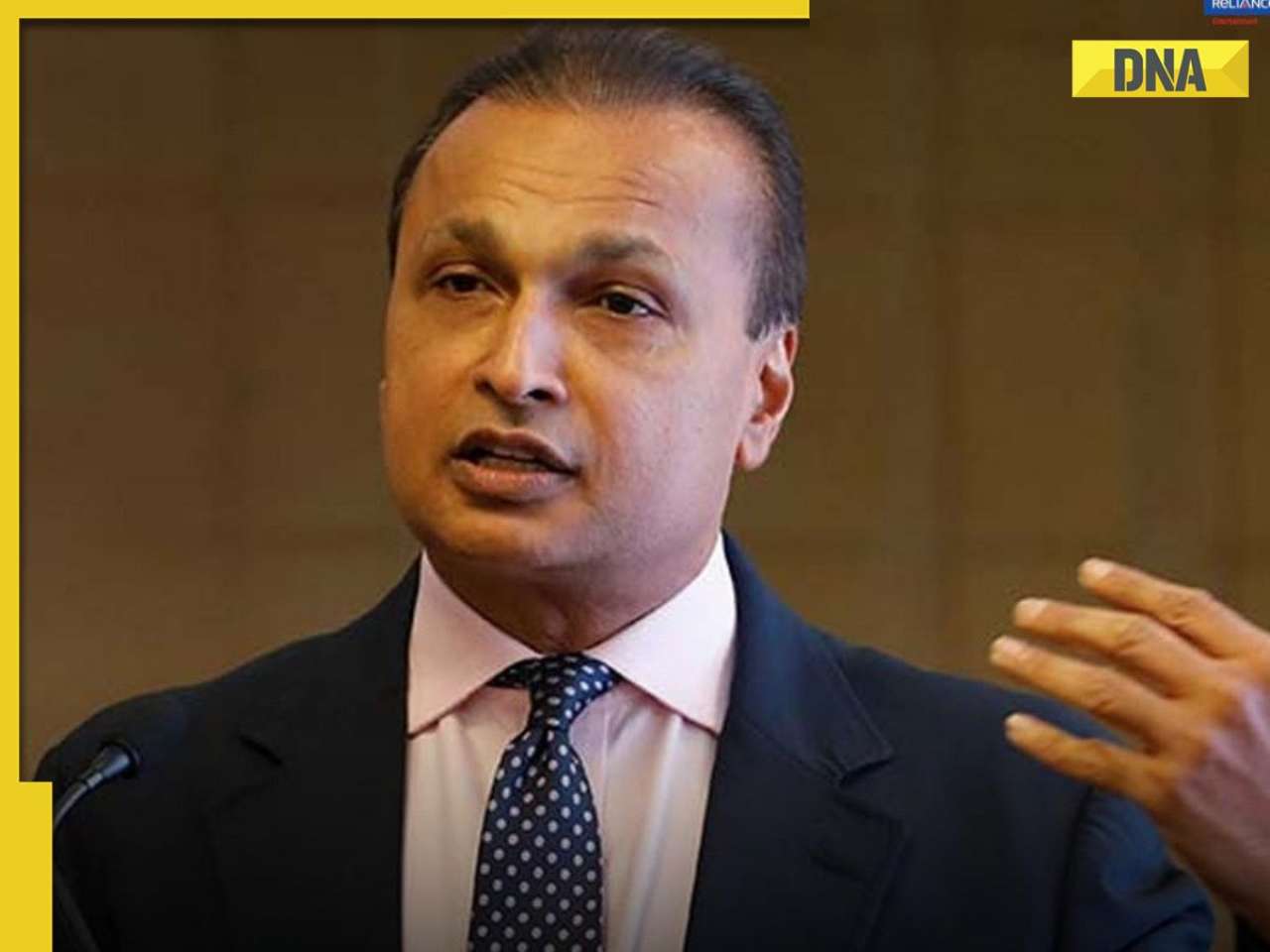

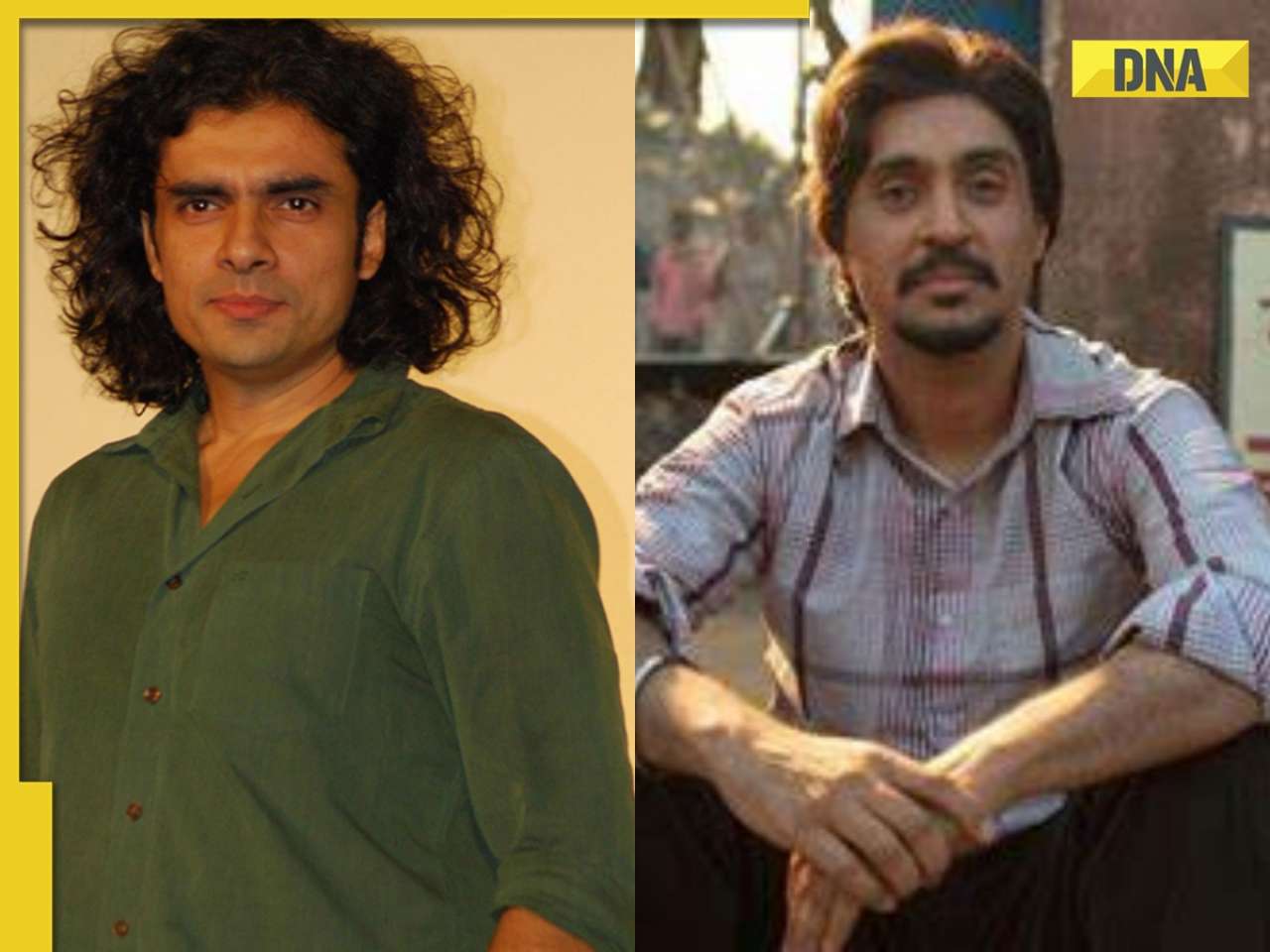























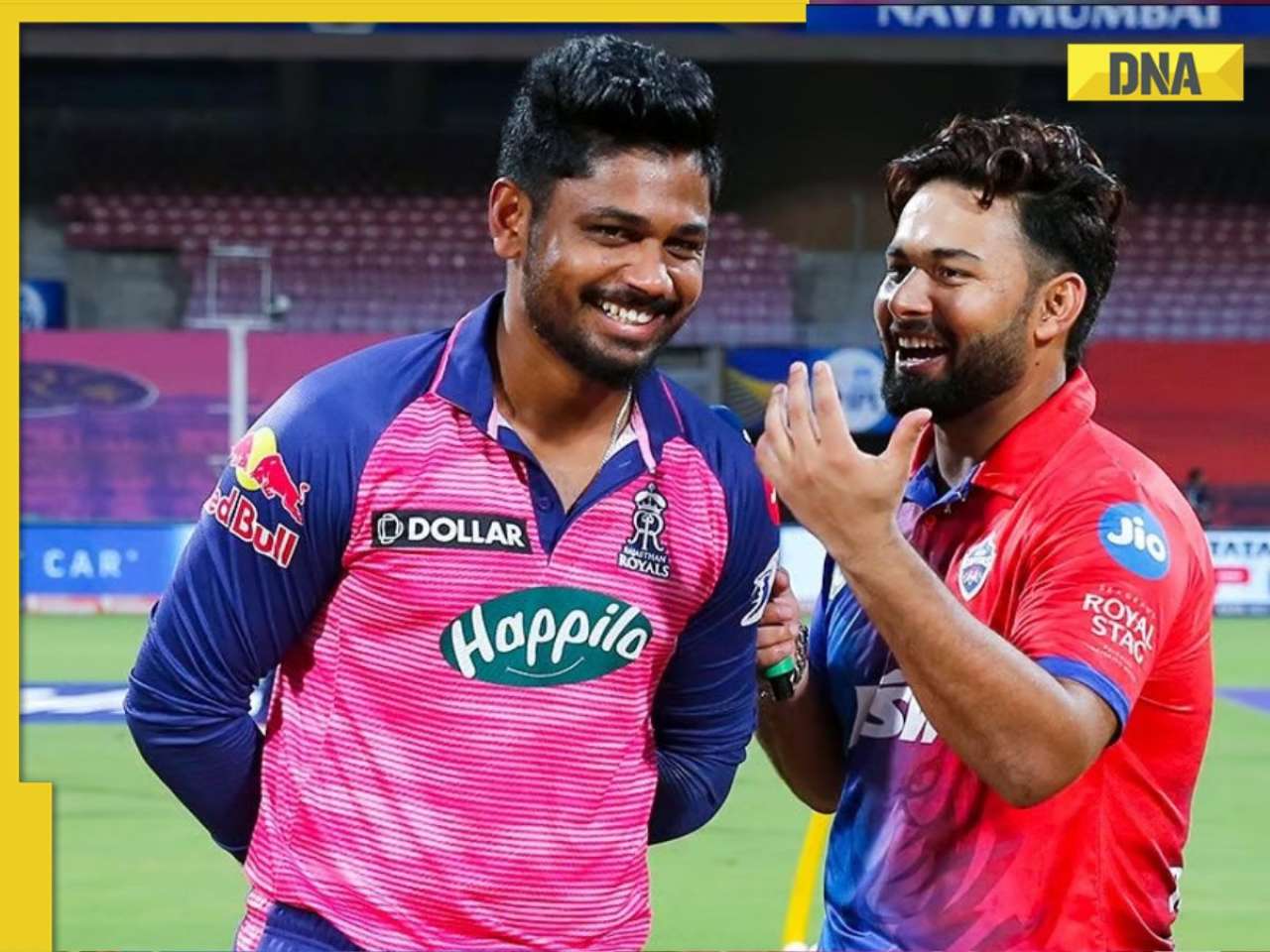
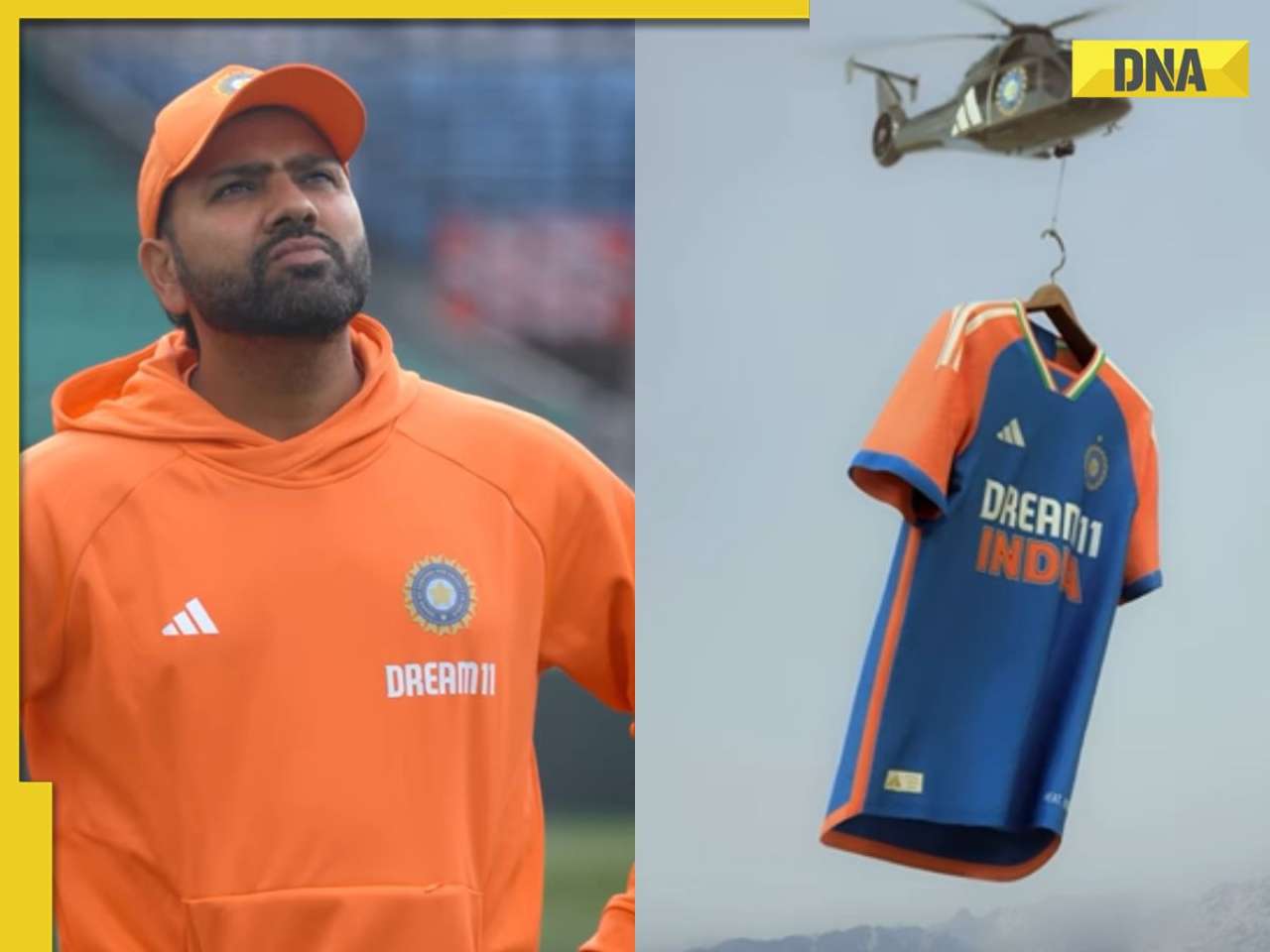









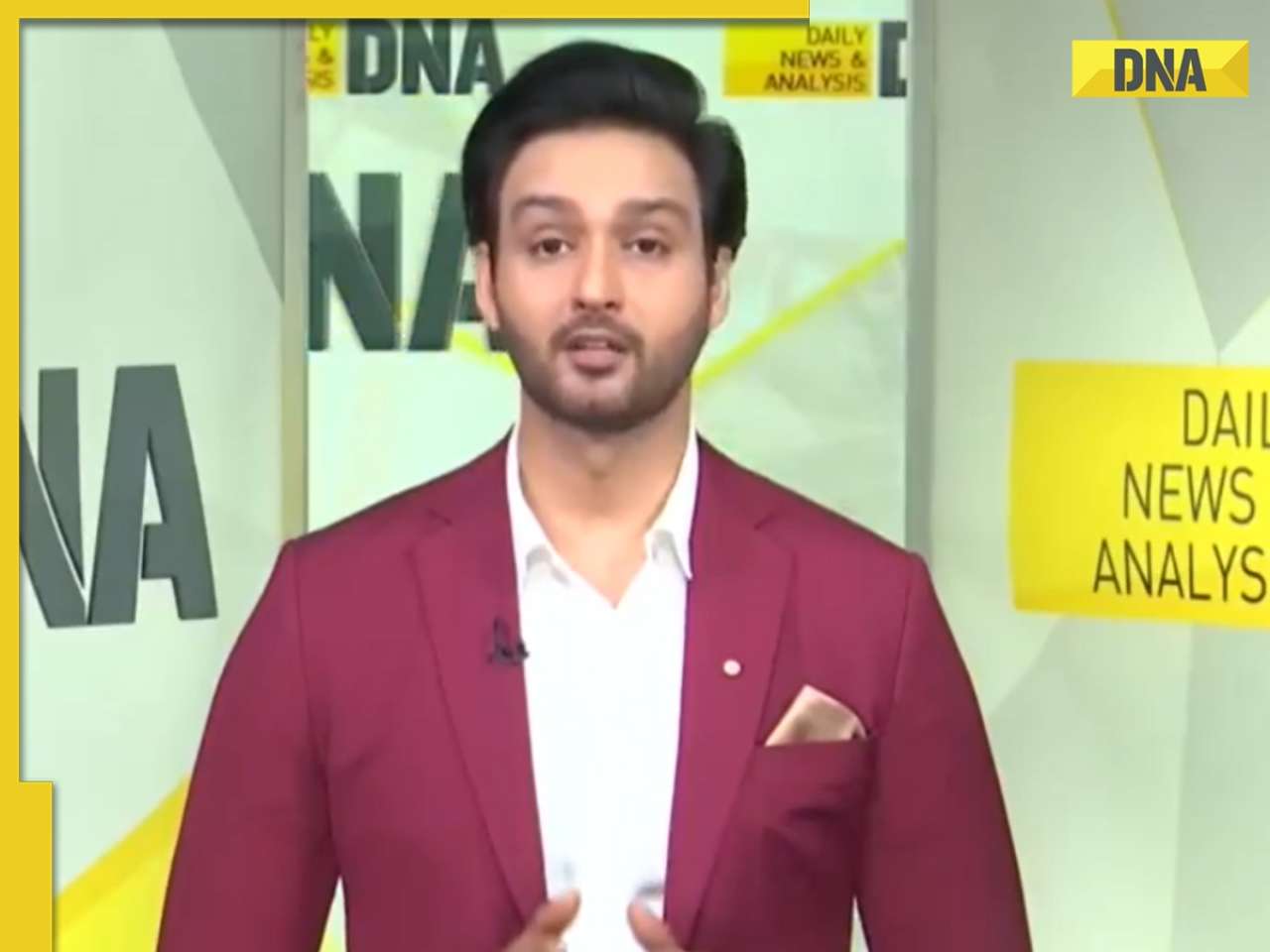
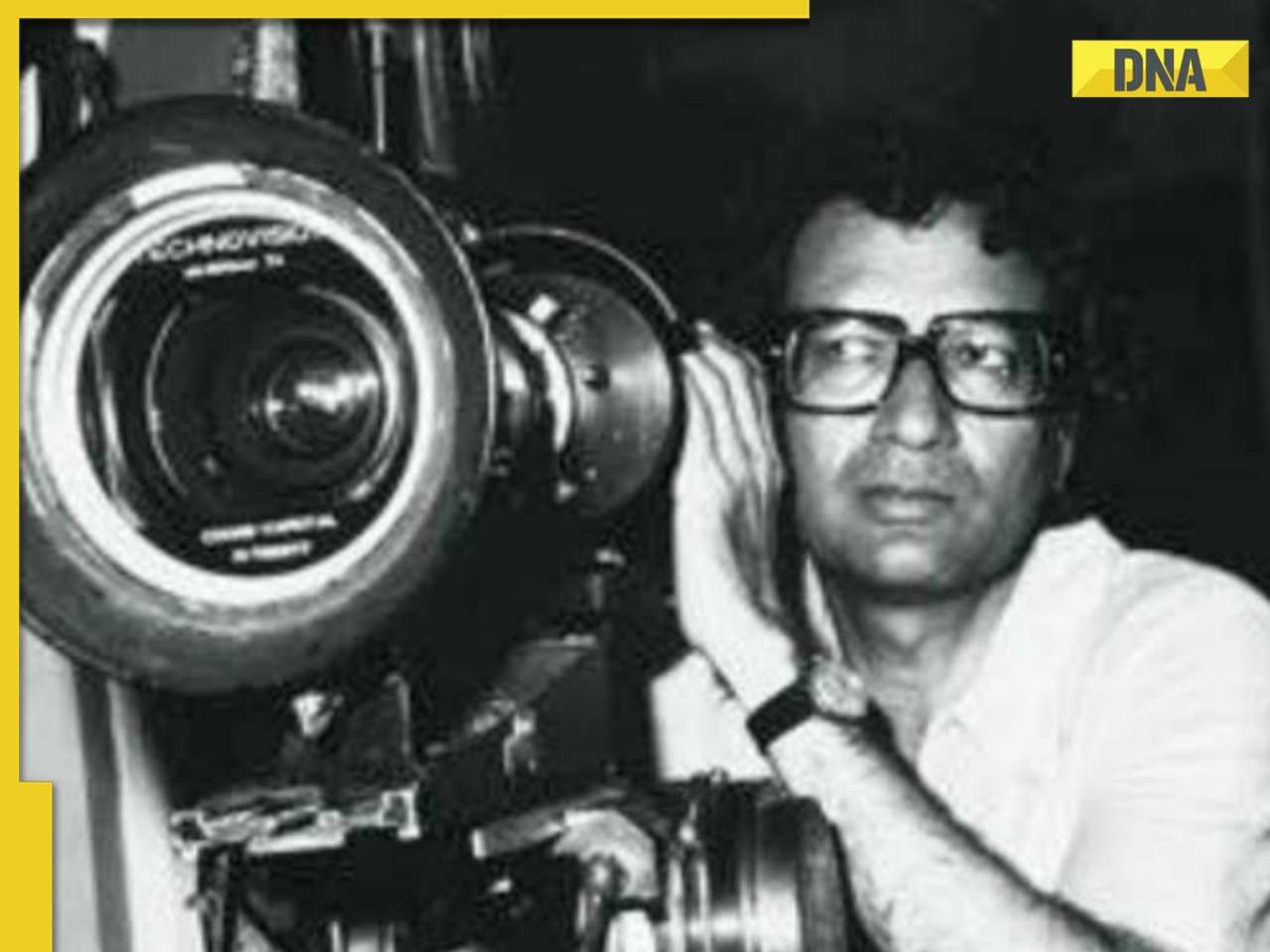
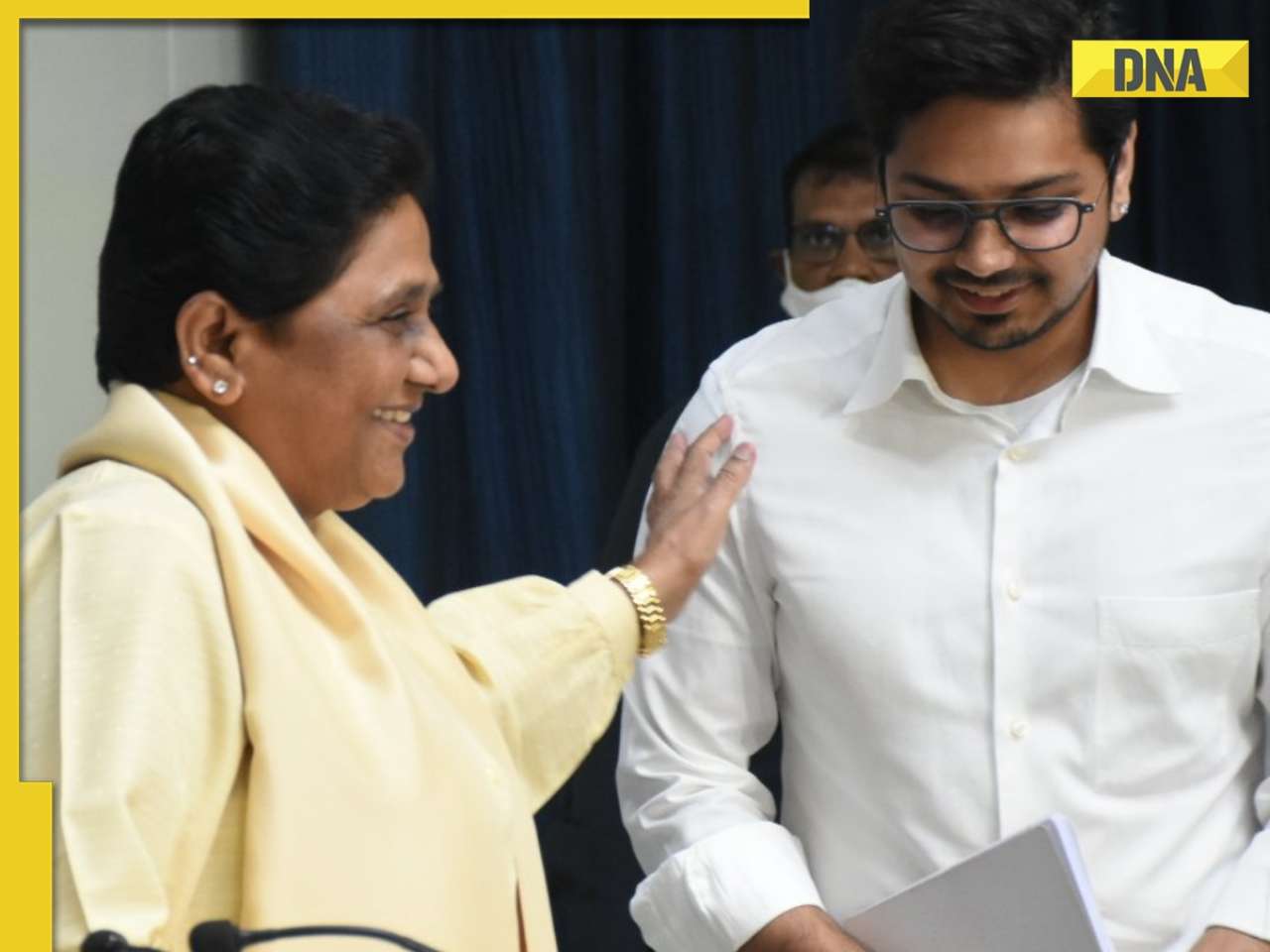
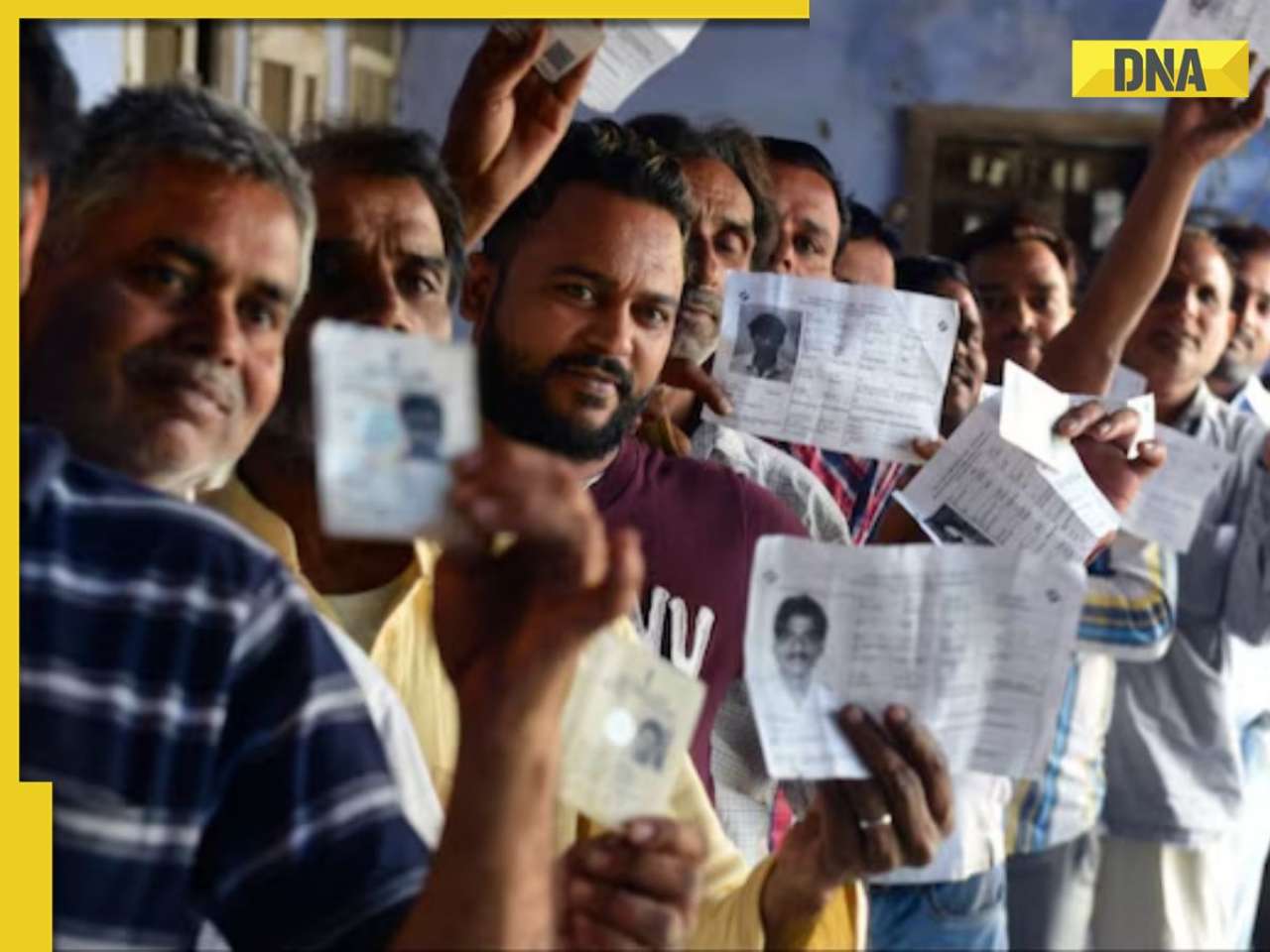




)
)
)
)
)
)